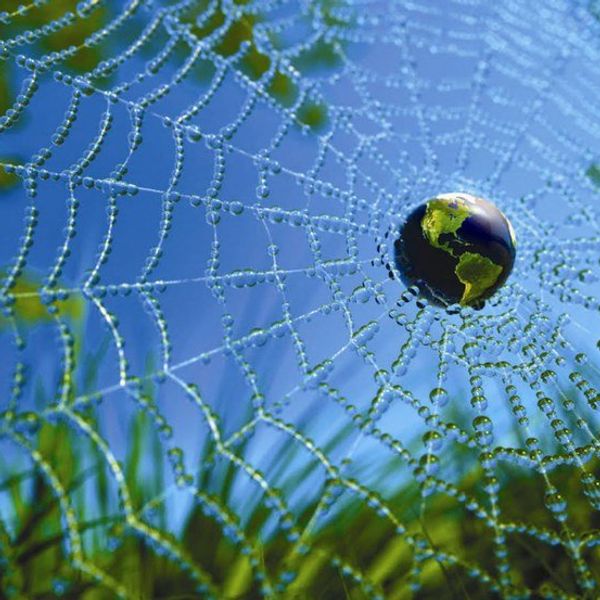When I tell people that I want to become a veterinarian I almost always am entertained with a story about a pet cat or a brother-in-law’s dog that came down with cancer. I smile softly as I listen, because I then get to explain that while I passionately love dogs and grew up with several hamsters, my true calling lies in saving wild and endangered species.
Almost four years ago, I signed up on a whim for a training in a wildlife rehabilitation volunteer department and quickly fell in love with the worldwide network that locates, rescues, and returns animals to their natural homes. I developed a passion for conservation and sustainability that skyrocketed after my freshman year at UC Davis and am currently starting to get involved in education programs that are teaching the next generation about our environment’s greatest threats.
I have grown infinitely, in both my ability to get involved and the ease in which I face today’s global challenges. They are enormous and daunting, but I was taught by the best that becoming an advocate doesn’t require a change in occupation or lifestyle -- it just requires commitment. Composting paper towels instead of throwing them away, investing in a reusable water bottle or coffee mug, buying locally and avoiding chains and corporations that exploit land and animal resources help to combat the decline of our planet. I realized that while not everyone can be an environmentalist, everyone can help the environment. I realized that being globally conscious made me feel better -- both physically and mentally, and that I wanted to inspire people to join me on that path.
The current extinction rate is 1,000 times the normal. 53 percent of the United States’ wetlands have been lost in the last few centuries. 32 million acres of forests are disappearing each year, and we are seeing the effects in the increase of juvenile seabirds that come in due to emaciation and developmental problems. We raise baby songbirds that have lost their nests to increasingly intense storms or to construction. We get calls about raccoons that are unwanted or hawks that pose a threat to domestic cats. We’ve seen the iconic images of oiled turtles and polar bears with no ice left to call home, but the world’s ecosystems hang in a much more fragile balance. Food webs and trophic levels intersect at every turn and losing sea otters could cause the collapse of the kelp forests. With no predator to control sea urchin populations, kelp will be over-preyed on and will disappear. If suburbs continue to replace grass with artificial turf and remove the insect and arthropod ecosystem existing in the soil, we will soon see the disappearance of songbirds. If fishing companies continue to trawl through the ocean floor, we will lose our coral reefs.
We have lost our appreciation for nature and its beauty, and we will truly be a defining generation in the choices we make going forward. Making small changes, wherever possible, will make all the difference. Not everyone can become vegan or ride their bike to work, but we can all make conscious choices here and there to be more environmentally friendly.
So the next time you see a dog at the park or a kitten up for adoption, keep in mind that for every domesticated companion, there’s a bird of prey, small mammal, or hundred-year-old oak tree fighting for its life and that they, too, need our help.





















